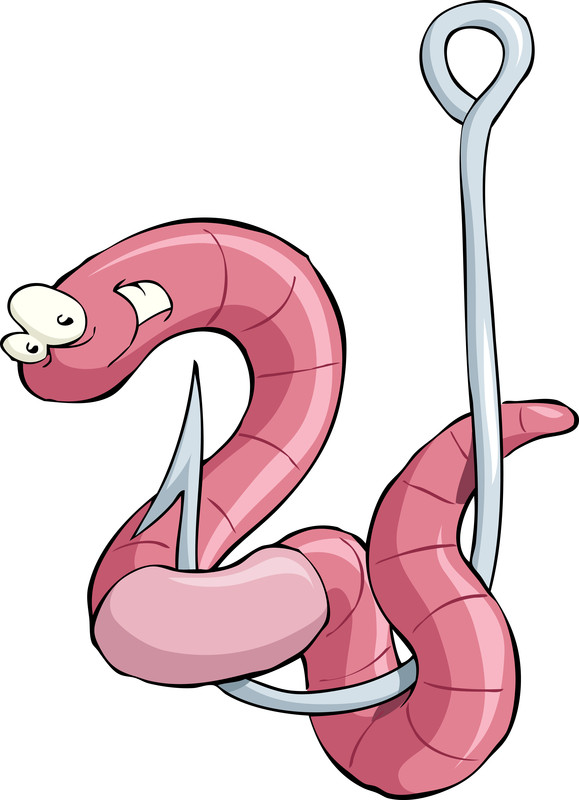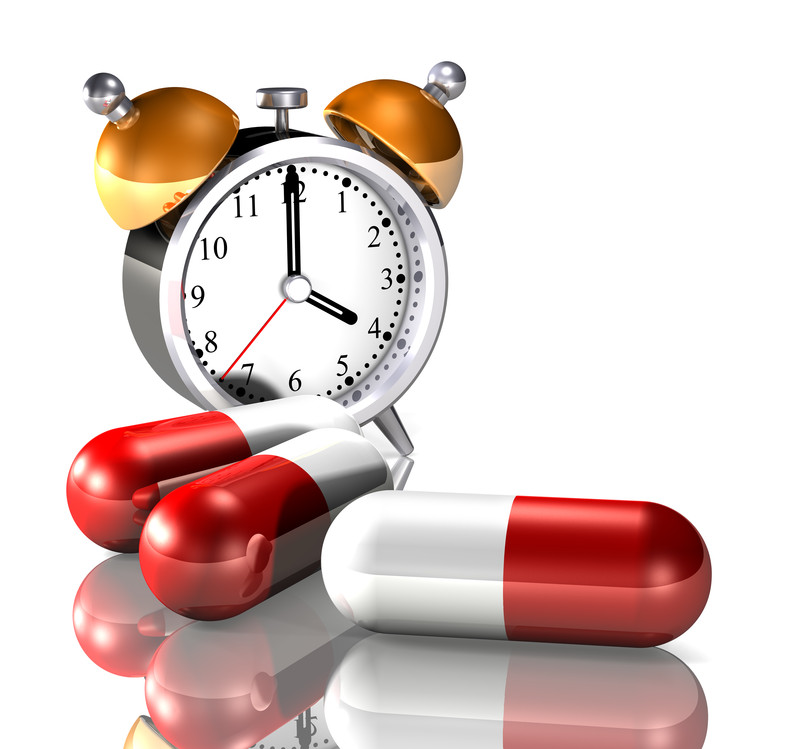| |
Oral Anthelmintics
|
 |
Preface |
 |
Anthelmintics are medications used to eradicate parasitic worms (helminthes) from the human body. Helminth infections are one of the most common infections, affecting a large proportion of the world’s population, mainly in tropical regions. In developing countries they pose a large threat to public health, and leading to malnutrition, anaemia, eosinophilia (a higher than normal level of the white blood cell), and pneumonia. The worms that cause infection in man generally include the roundworms, the tapeworms and the flukes. |
|
|
1. The roundworms:
|
|
|
Roundworms are worms that can infest the human digestive tract, specifically the small intestine. They are parasites and use the human body to stay alive, feed and reproduce. They live in the human small intestine and their eggs are passed out with stools. Infections are transmitted through ingestion of food or water contaminated with their eggs. Contaminated sources such as dirty hands, flies and other insects can also be the transmission media. Symptoms commonly seen with roundworm infections are nausea, abdominal pain, intermittent diarrhoea and perianal itching.
In most people, roundworm infections do not cause any noticeable symptoms. People most commonly see their doctor because they have seen a worm in their stools.
|
2. The tapeworms:
|
|
Tapeworm infection is caused by ingesting food or water contaminated with their eggs or larvae (tiny young worms). If you ingest tapeworm larvae, they develop into adult tapeworms in your intestines (intestinal infection). Intestinal tapeworm infections are usually mild, the usual symptoms are nausea and weakness.
Some people with tapeworm infections do not need treatment, for the tapeworm exit the body on its own. You may not know you have a tapeworm infection until you see segments of the worm in your stools.
|
3. The flukes:
|
|
There are 4 categories of fluke infections which are pathogenic in man: the infections of the blood, the intestines, the liver and the lung. You usually become infected with fluke worms by swimming or washing in fresh water that contains fluke worms. Symptoms are usually only seen in heavy infections and commonly include fever, pain, and eosinophilia.
|
|
▲ back to top
Anthelmintics |
 |
All the registered anthelmintics in Hong Kong are available in oral dosage forms such as tablets, chewable tablets and powders. If you have any symptoms and suspect to be infected with worms, you are advised to seek doctor’s opinions before using any medications. Commonly used ones are mebendazole and its analogues flubendazole, piperazine, praziquantel and pyrantel. Others such as levamisole and pyrvinium have previously been used but not common any more. |
|
|
|
|
Mebendazole, flubendazole, piperazine and pyrantel are indicated for roundworm infections. Mebendazole and flubendazole work by stopping the roundworms from using glucose and without it, the cells of the roundworms lose their energy supply and quickly die. Whereas, piperazine and pyrantel work by paralyzing the worms and causing the worms to "lose its grip" on the intestinal wall and be passed out of the system by natural process.
Praziquantel is indicated for both tapeworm infections and fluke infections. It works by causing severe spasms and paralysis of the worms’ muscles.
|
|
▲ back to top
Common side effects and Precautions |
Anthelmintics
|
Common side effects
|
Precautions
|
1. Mebendazole /
flubendazole |
- Abdominal pain
- Diarrhoea
- Headache
- Dizziness
|
- Patients given high doses should be monitored closely with blood counts and liver function
- High-dose therapy may be inappropriate in those with hepatic impairment
|
|
2. Piperazine |
- Nausea
- Vomiting
- Diarrhoea
- Abdominal pain
- Headache
- Rashes
- Urticaria
|
- Contra-indicated in patients with epilepsy or severe renal impairment
- Should be given with care to patients with neurological disturbances or mild to moderate renal impairment
- Should also be avoided or given with extreme caution in patients with hepatic impairment
|
|
3. Praziquantel |
- Headache
- Diarrhoea
- Dizziness
- Drowsiness
- Malaise
- Abdominal discomfort
- Nausea
- Vomiting
|
- Should not be used in patients with ocular or spinal cysticercosis (tissue infection with tapeworms in larval forms)
- Patients should be warned that praziquantel may cause dizziness or drowsiness and if affected they should not drive or operate machinery during or for 24 hours after treatment
|
|
4. Pyrantel |
- Nausea and vomiting
- Anorexia
- Abdominal pain
- Diarrhoea
|
- Should be used with caution in patients with hepatic impairment
|
|
|
▲ back to top
General advice
|

|
|
|
- Wash hands and fingernails with soap often during the day, especially before eating and after using the toilet.
- Wearing tight underpants both day and night. Change them daily.
- Clean the bedroom floor by vacuuming or damp mopping for several days after treatment. Avoid dry sweeping
that may stir up dust.
- Keep the toilet seat clean.
- Wash (not shake) all bedding and pajamas after treatment.
- Avoid eating raw or undercooked meat such as pork, beef and fish.
- When travelling, use bottled water and avoid raw vegetables unless you can peel and wash them yourself.
|
|
▲ back to top
Communication with your doctor
|
 |
- Communicate with your doctor for the best treatment option. Your doctor will prescribe the most appropriate drug for you after considering your condition and your response to the drug.
- If your symptoms do not improve within a few days, or if they become worse, check with your doctor.
- Some anthelmintics can interact with other medicines. Inform your doctor of the medicines you are taking, including over-the-counter medicines, so they can decide whether an anthelmintic is safe for you to take.
- Inform your doctor of your medical history, as some diseases may warrant special precautionary measures.
|
- Inform your doctor that you are pregnant or breast feeding as some of the oral anthelmintics should not be taken by women who are pregnant or breast feeding.
- Seek medical advice immediately if you experience any symptoms or side effects suspected to be related to anthelmintics. Your doctor may review your type of medication.
|
|
▲ back to top
Storage of anthelmintics
Anthelmintics should be kept in a cool and dry place. Unless specified on the label, medicines should not be stored in refrigerators. Furthermore, drugs should be kept properly in places unreachable by children to prevent accidental ingestion.
|
|
▲ back to top
|
|
Acknowledgement: The Drug Office would like to thank the Professional Development and Quality Assurance (PD&QA) for their valuable contribution to the preparation of this article.
|
|
|
|
|


